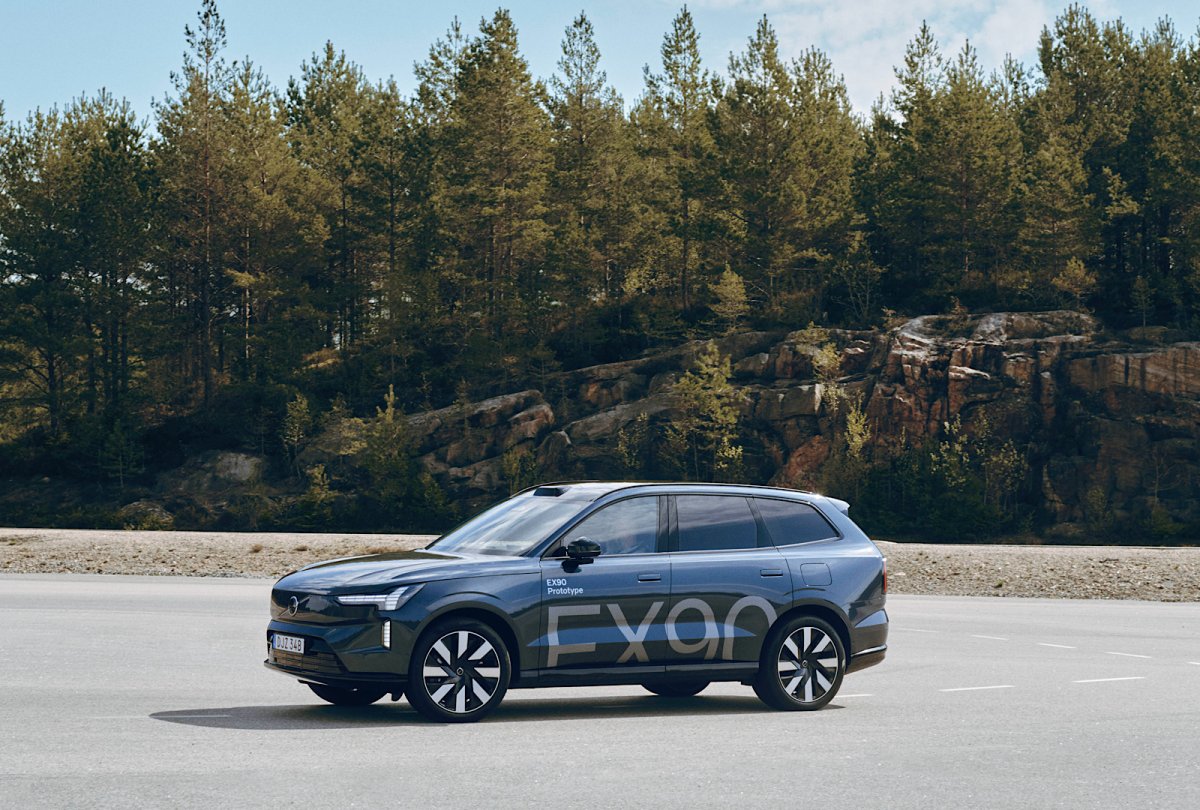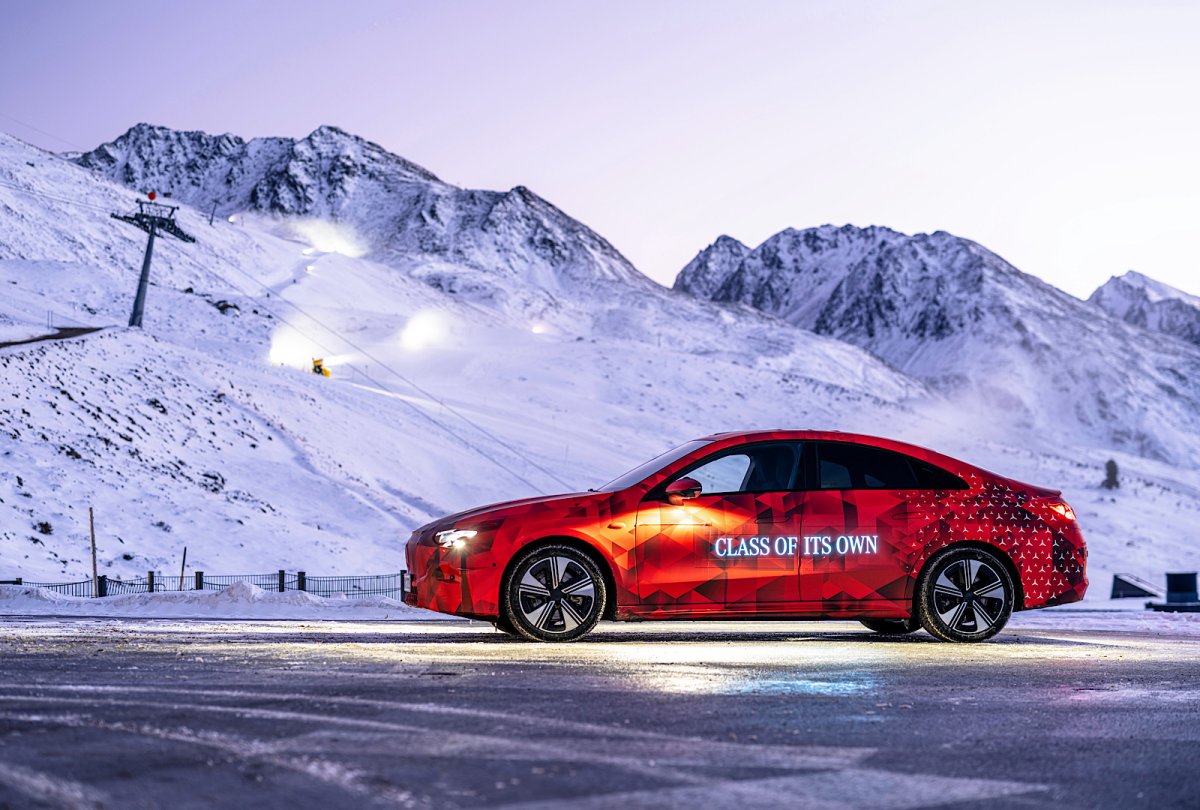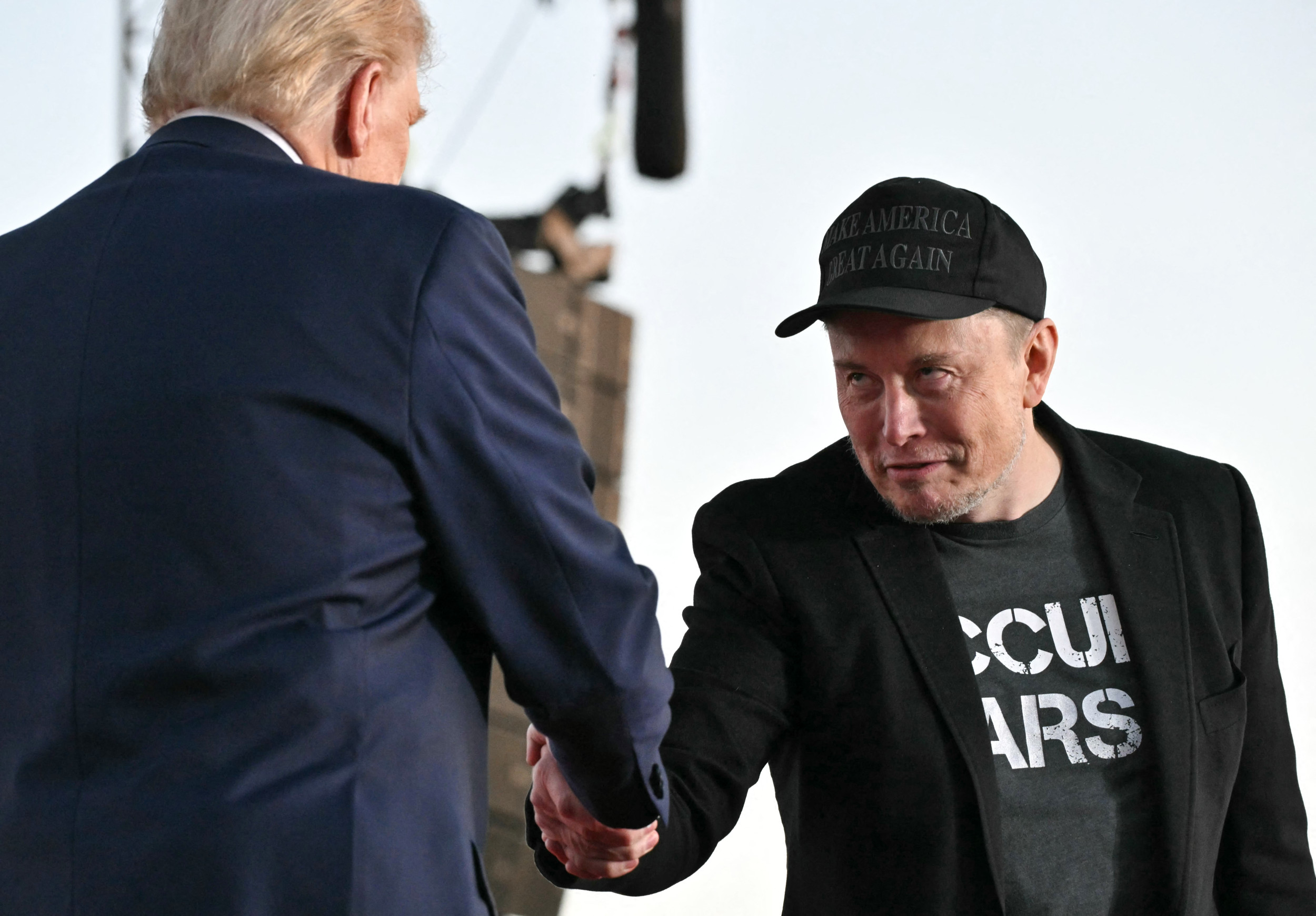A new report from PwC outlines the "ongoing storms of disruption" in the auto industry and offers insights into where those storms will strike in 2025. Among the issues at hand are tariffs, electric vehicle (EV) adoption, competition in China and from Chinese automakers, technological leaps, changing consumer preferences and global economic shifts.
A survey of global CEOs by PwC found that 48 percent of automotive CEOs don't believe their businesses will be economically viable in 10 years without reinvention. The business agility of an automaker may have never been more important.
The PwC report offers this stern warning for those CEOs: "The auto industry has a tough task ahead, as even well-designed and executed plans can be undermined by geopolitical, climate and economic events that are beyond your control. Your business needs to be not only resilient but grow amid external pressures."
Issue: Tariffs on new cars proposed by President-elect Trump
PwC guidance proposes that short-term relief from eased mandates in relation to fuel economy standards and protectionist trade policies may come at the expense of global competitiveness.
Proposed tariffs include a 10 to 25 percent markup on goods from Canada and Mexico, up to 60 percent on imports from China and 100 to 200 percent tariffs on vehicles manufactured in Mexico.

"Tariffs on vehicles produced in Mexico could significantly impact automakers such as General Motors, Ford, Stellantis, Volkswagen and Toyota," Paul Waatti, director of analysis at AutoPacific, told Newsweek.
"Moreover, if tariffs also affect the supply chain, all automakers building U.S. cars could be affected. Mexico has become an integral location for suppliers to manufacture components that go into almost all vehicles. If tariffs are imposed, these companies will face increased costs, almost certainly translating to higher consumer prices and adjustments in product strategies," he said.
Issue: EV adoption in the U.S.
PwC reports that the acceptance of and transition to EVs in the U.S. has been slower than expected though it is still expected to rise through the coming decade as more models come to market and prices lower.
The firm warns that despite this, EVs still require major investments affecting automaker profitability and cash flow.
The trick here is for automakers to balance regulatory compliance with the consumer market, using predictions years in the future as they plan their overarching product strategies.
To ease their burden, PwC urges automakers to be as efficient as possible including regionalization and improving supply chains. Many automakers are already taking heed, with companies like Volvo, BMW, Mercedes-Benz and Hyundai Motor Group investing in North American vehicle production despite being headquartered overseas.

PwC also advises making EVs more appealing to customers by lowering prices and including advanced technology in them. This follows the formula that Hyundai Motor Group has employed with much success in America, with its Kia, Hyundai and Genesis brands offering above-sticker price appointments and technology in order to grow core audiences.
"Electric vehicle sales have not peaked; they are still on an upward trajectory, albeit at a slower growth rate than the industry anticipated. As EVs move beyond early adopters to mass-market consumers, automakers diversify their EV offerings to include more affordable and specialized vehicles," Waatti said.
Milennial adopters will be key in 2025, Waatti believes. "This year will spotlight three-row EVs that will appeal to millennial families square in the family-building stage, including Hyundai's Ioniq 9, Cadillac Escalade IQ and Vistiq, Volvo EX90, and Lucid Gravity. On the more affordable side, Volvo's EX30 and the reintroduction of the Chevrolet Bolt should resonate well in the market," he said.
Issue: Emissions policy changes
The PwC report warns that, "the regulatory landscape around emissions and electrification could see major changes with the Trump administration." Among those chopping block targets could be the Corporate Average Fuel Economy (CAFE) Standard, a policy set by the National Highway Traffic Safety Administration (NHTSA) designed to provide a target for average tailpipe emissions across a brand's cars and light trucks lineup.
Proposed rules changes during the Biden Administration called for raising the CAFE Standard raised to 55 miles per gallon (mpg) for model year 2026 vehicles. The high target was created, in part, to spur the sale of battery-electric and plug-in hybrid electric vehicles. After listening to feedback, the NHTSA settled on 50.4 mpg for model year 2031 vehicles.
Changes to the regulation could be disruptive, Waatti said. "If CAFE standards get eliminated or pulled back, the automotive landscape could shift significantly. Without regulatory pressure, innovation in fuel-saving technologies, advanced battery chemistry development, and alternative powertrains like hybrids and EVs might slow, potentially reducing the availability of these options and leaving the U.S. vulnerable on the geopolitical stage as other markets, namely China, continue to bend the technology curve while the U.S. essentially goes backward," he said.
"The consumer market could polarize, with some brands maintaining efficient models to appeal to eco-conscious buyers while others focus on traditional internal combustion engines. Ultimately, consumers could face increased costs and fewer fuel-efficient or alternative powertrain vehicle choices."
Issue: Tech-forward vehicles causing automakers to struggle
Some automakers are better set up to compete with Chinese automakers than others, the report says. The auto industry is quickly moving toward vehicles with features and functionalities defined by software rather than hardware. After vehicle purchase, features and functions can be added via over the air updates and subscriptions.

The PwC report says that, "many traditional original equipment manufacturers are also behind in this space compared to Chinese and tech-forward OEMs, who are already designing their vehicles with a software-defined approach."
"To succeed, traditional automotive companies will need to adapt to their product development processes and business models," the report said. Automakers who have already spent years working on new vehicle platforms are positioned to better compete in an increasingly global market.
"Some automakers excel in transitioning to software-defined vehicles, while others struggle to keep pace. GM, Hyundai Motor Group, Tesla, Mercedes-Benz, and Volkswagen Group — despite early challenges with the Cariad division — all show promise in the software-defined vehicle movement. Conversely, automakers like Toyota, Mazda, Subaru, Nissan and, to a lesser extent, Honda and Stellantis have made less tangible progress," Waatti said.
About the writer
Eileen Falkenberg-Hull leads the Autos team at Newsweek. She has written extensively about the auto industry for U.S. News & ... Read more



